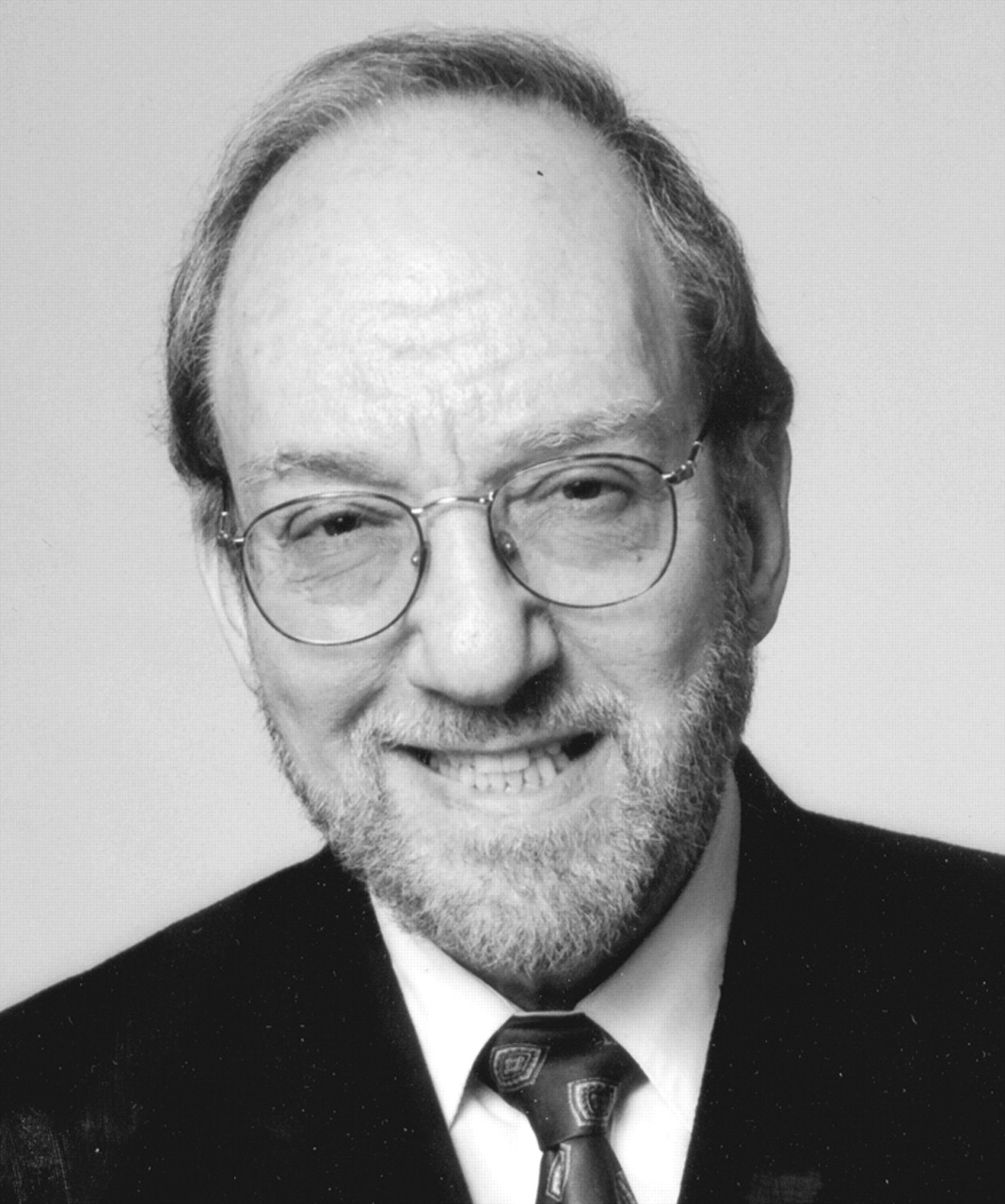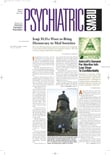Biographical Statement
I had my medical school and residency training at Downstate-Kings County Hospital in Brooklyn and internship at San Francisco General Hospital. I was a psychiatrist in the U.S. Air Force in San Antonio.
I am now at New York Medical College in Valhalla, N.Y., where I am a professor of psychiatry, medicine, and surgery and serve as chief of consultation/liaison psychiatry and director of the third-year medical student clerkship.
I have edited a book, Supervision of Psychotherapy, and have written books, Psychological Care of the Burn and Trauma Patient and Practical Guidelines in C/L Psychiatry. My research included work on death and dying, fluoxetine in end-stage renal disease, and attitudes of cardiologists about depression.
My interest in public affairs has led me to write a syndicated column for Gannett newspapers for five years, which won two awards. I am currently doing a local radio program called “Talking About Health.”
I am on the Program Committee of the Academy of Psychosomatic Medicine and the Board of Trustees of the American Academy of Psychoanalysis.
Throughout my career, I have had an office-based private practice, which is psychodynamically and pharmacologically oriented.
My activities in APA have always been a major part of my identity as a psychiatrist. I was district branch president, public affairs chair, and Assembly rep for 10 years. I have taught courses at the annual meeting on psychiatric aspects of disaster and terrorism. I have served two terms on the Elections Committee and the Committee on Disasters. After being chair of my district branch and Area 2 public affairs committees, I was the chair of the Joint Commission on Public Affairs. In the APA Assembly, I have been a senior author of more than 12 action papers and am currently a reference committee chair.
I now hope to serve the APA as recorder.
Candidacy Statement
I would like your vote to become recorder of the Assembly. I hope that my past actions in the Assembly and my ideas for the future will merit your support.
In my almost 12 years in the Assembly, I have been senior author of more than 12 action papers, including one in the current session, and co-wrote many others. I am also currently a reference committee chair. Some of my action papers were soundly defeated, and other times there were useful compromises. Examples of my action papers passed by the Assembly are listed below.
• The Million-Dollar Litigation Fund
• Guidelines for Using E-Mail in Psychiatric Practice
• Right of Members to Be Present at Reference Committee Discussions
• APA Acceptance of Precepts of Palliative Care
• Endorsement of C/L Psychiatry as a Subspecialty
• The Need for the Ethics Committee to Reevaluate the Rights of Members to Advocate for Patients Including Putting Information in Their Waiting Rooms
• Establishment of Eric Lindemann Award for District Branches at Times of Disaster
During my time as an Assembly representative, I have witnessed and participated in a remarkable revolution and shifting of power in APA. Subsequently, the Assembly developed a constructive reaction to the onslaught of managed care. It was also the Assembly and its leadership that rose to the occasion to face the economic crisis of APA and the loss of membership. To secure the future of APA, the voice of the membership in the district branches (DBs) had to be heard. It is the Assembly that speaks in that voice, and it has been the Assembly members and its leadership who have articulated changes in the Assembly, in the Board of Trustees, and throughout APA.
The leaders of the Assembly must facilitate action in a number of areas. Most important, there should be continued revenue sharing with the DBs of the income from national endeavors such as the upcoming DSM-V. Every effort should be made to assist the DBs in membership recruitment and retention, which includes appealing particularly to nonmember psychiatrists in such areas as the VA system, state hospitals, prisons, rural areas, and inner cities. There also needs to be an appeal to ECPs, MITs, all underrepresented groups, as well as psychoanalysts, some of whom wrongly believe our organization is not relevant to their professional functioning.
I would like to resurrect an action paper I wrote that would allow us to produce a brief video of the Assembly in action. This could be shown to new members and nonmembers to interest them in being active in the workings of APA. I would like to make operational an action paper I wrote several years ago that advocated examining the proposed cost of a sampling of action papers and comparing these costs with actual costs after a few years to provide feedback to the Assembly. I would also like to expand the idea of a previous speaker for an interesting and readable e-mail-gram summarizing the Assembly actions, which could be addressed to every member and perhaps personalized by his or her Assembly representative with an individual letter or comments. This e-mail could be a method for two-way communication between members and their respective Assembly representatives as well. I hope we can also continue to offer media training and education about disaster and terrorism to members of the Assembly, who can use this information in their leadership roles in their DB.
Most of all, if chosen recorder, I will do my best to serve you as an enthusiastic and committed officer of the Assembly. ▪

